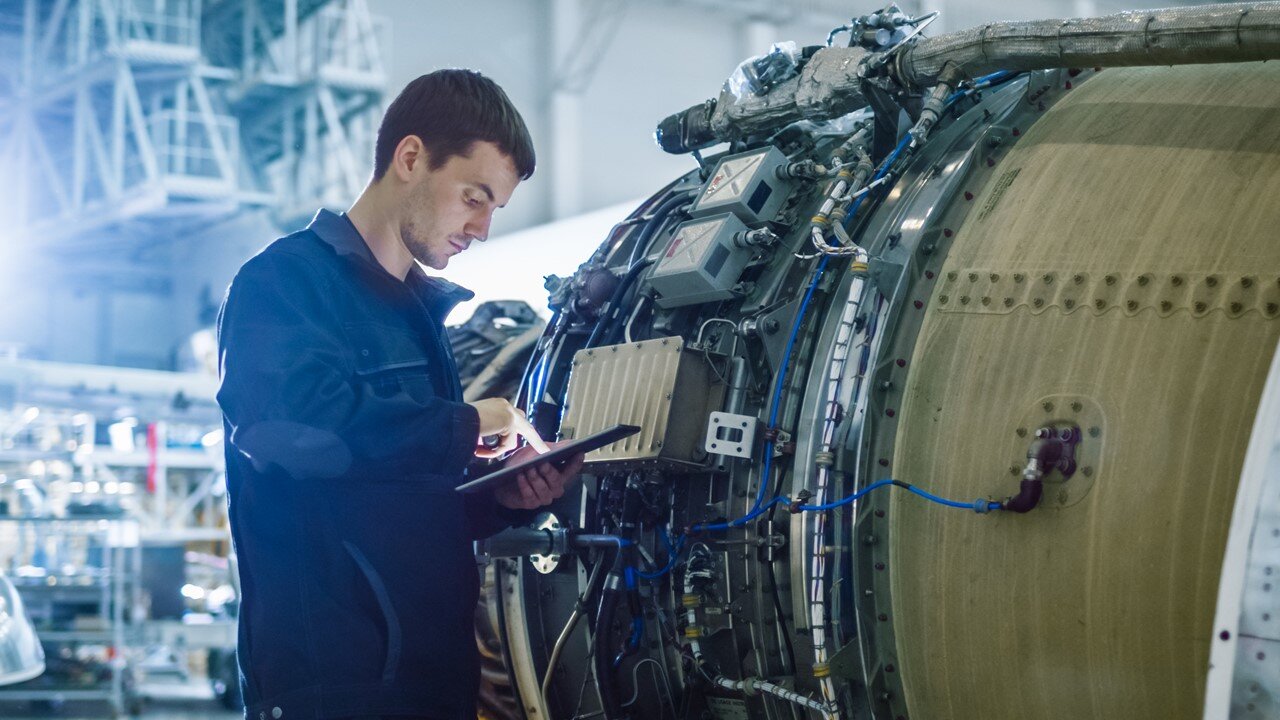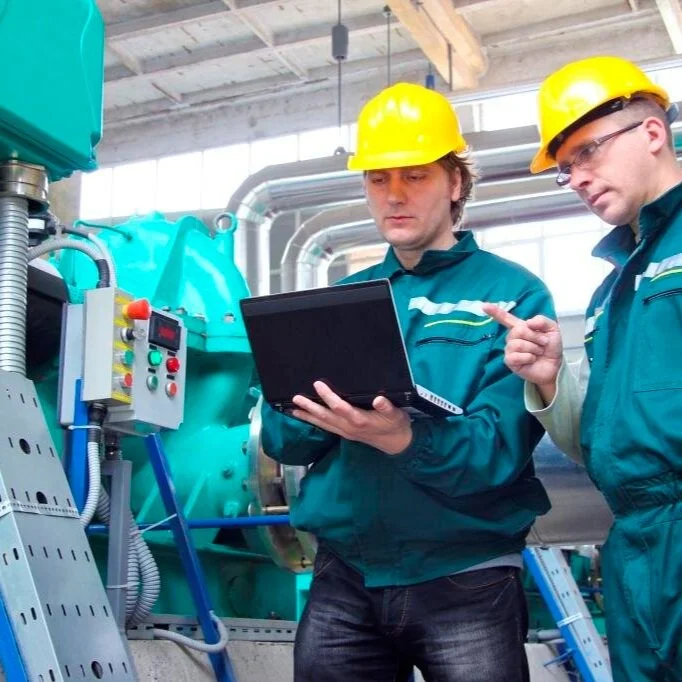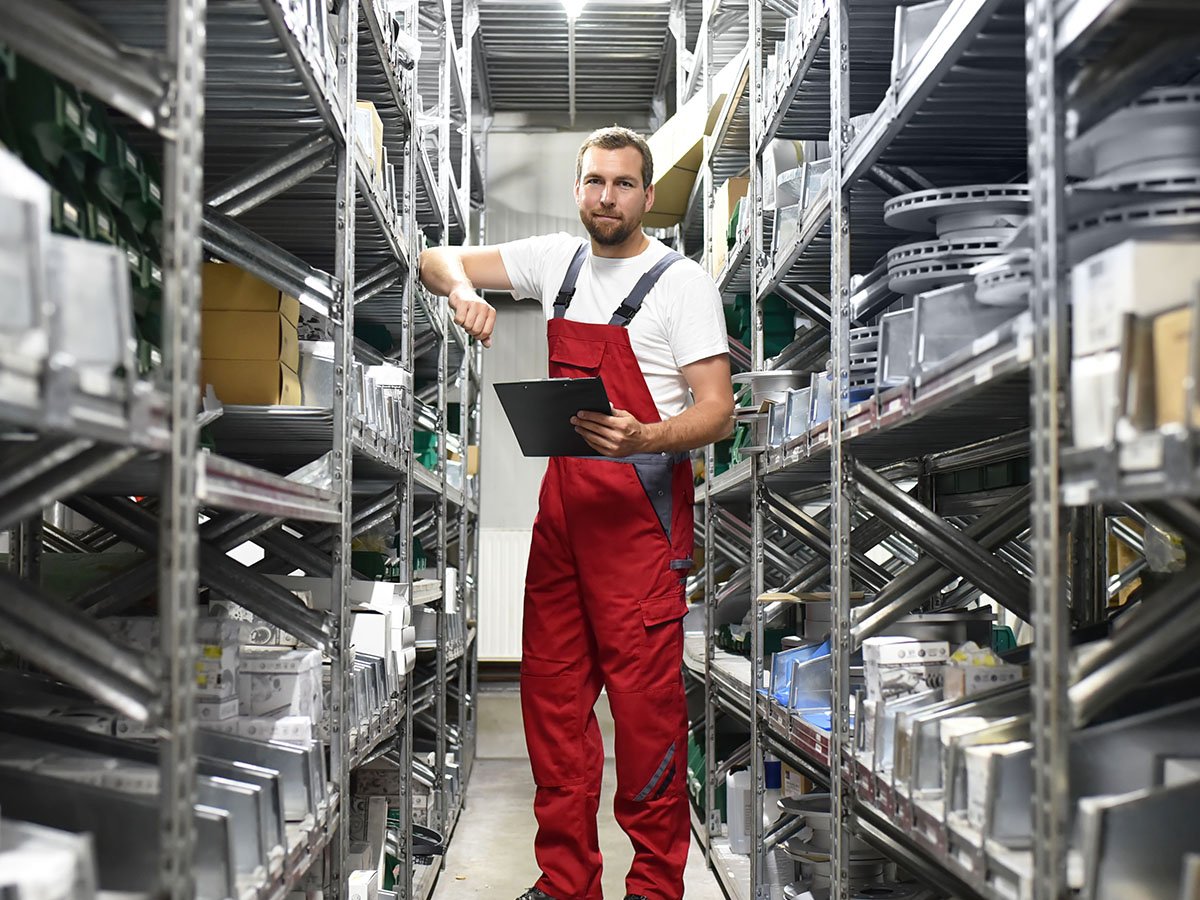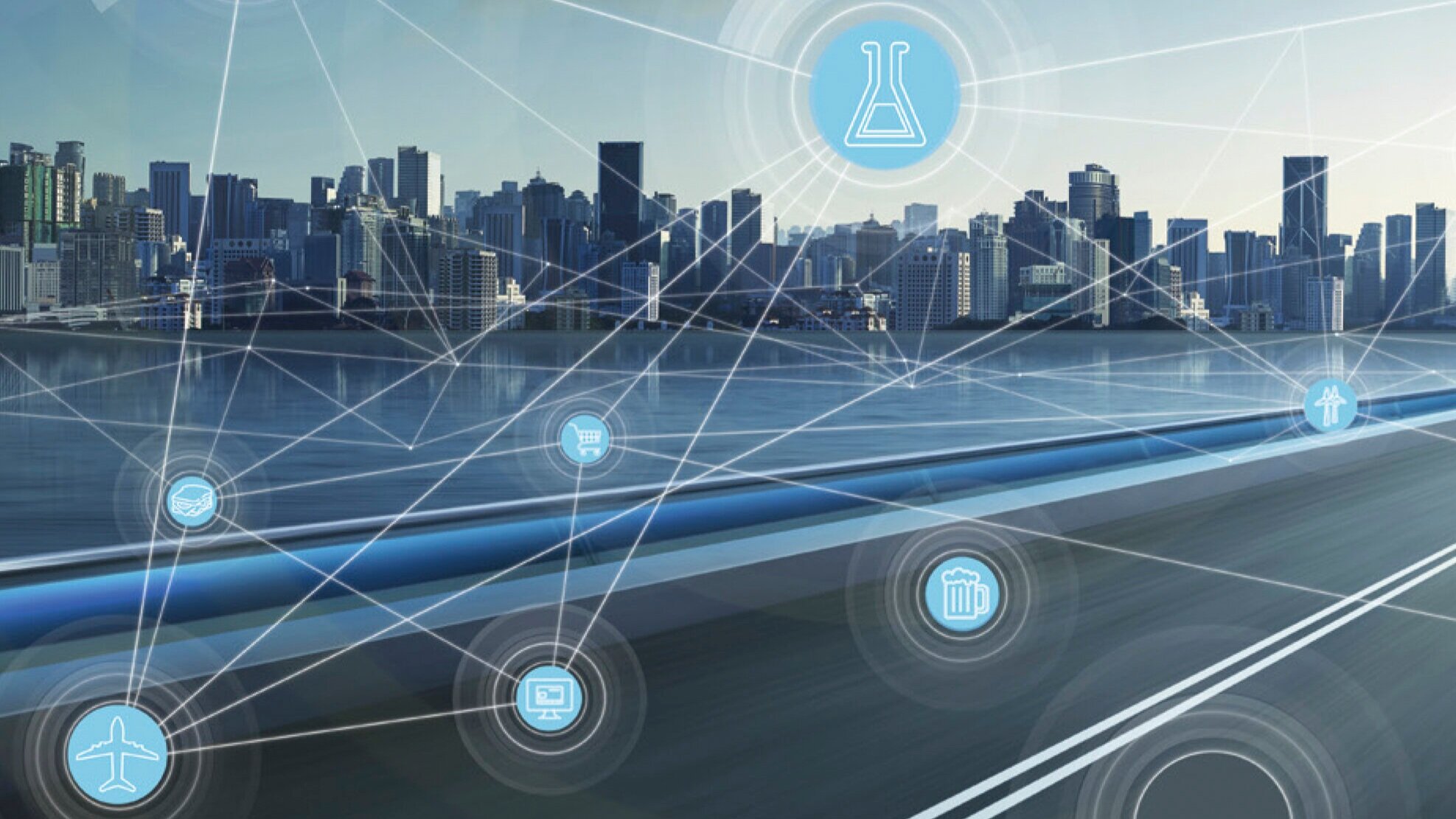Maintenance Management Consulting Overview
Maintenance Management is the process of maintaining a company's assets and resources while controlling costs, to support the reliable operation of the organisation’s physical assets to achieve required standards and remain compliant.
Why is Maintenance Management Important?
Effective Maintenance Management is a fundamental requirement for any organisation that owns physical assets, to guarantee operational efficiency and to ensure that assets are in optimum condition. Well maintained equipment reduces unplanned downtime.
Maintenance Management helps improve the operational performance and reliability of manufacturing and facilities equipment, contributing to profitability by reducing operating costs and improving the output and quality of manufactured products. In addition to cost savings, other benefits include improved workplace safety and enhanced labour productivity.
The Objectives of Maintenance Management:
Planning and scheduling of maintenance resources: Scheduling work and allocating the labour resources to maximise their utilisation.
Minimise downtime/loss: A good Maintenance Management programme helps mitigate the loss of productive time due to failure by establishing a preventive/predictive maintenance programme.
Cost control/budgeting: Providing managers with the information necessary to build zero-based budgets and control costs.
Compliance and regulations: To help organisations comply with regulations and safety requirements.
Extend asset life: Organisations invest heavily in machinery. Maintenance Management programmes help ensure equipment and infrastructure are always in good condition. Regular maintenance extends the useful life of machinery, facilities and other components by minimising wear and tear.
Training: Providing the right technical and management skills to ensure that systems are followed, equipment is maintained and operated safely; improving operational safety.
Performance measurement: Using historical data to understand where, why and how costs are incurred and identify where improvement can be driven.
Reliability: Ensuring equipment performs when required, at the design output and rate, and failures are minimised.
Best practice Maintenance Management requires people, robust processes, and technology to work together to achieve common objectives. The key to success is developing a sustainable system with the people who will be using the system.
Speak to one of our Maintenance Consultants today.










